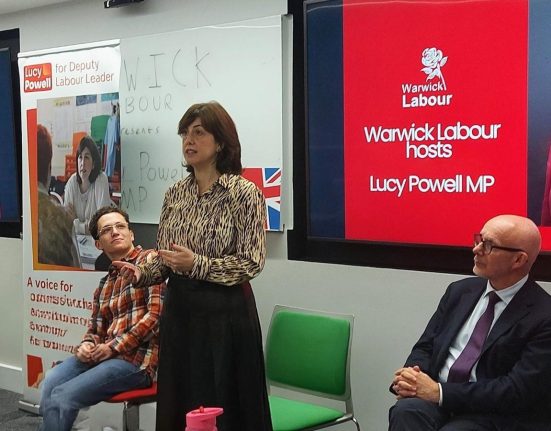PM orders rewrite to boost growth ahead of budget
Prime Minister Sir Keir Starmer has ordered a last-minute rewrite of the government’s flagship planning bill in a push to accelerate housing delivery and major infrastructure projects before next month’s Budget.
Ministers have been working through the weekend to agree amendments aimed at unblocking stalled developments, with officials under pressure to get the bill passed in time for the Office for Budget Responsibility to factor its impact into the November fiscal statement.
The move is designed to demonstrate the government’s pro-growth credentials and deliver a short-term boost to the Treasury, with officials estimating that faster planning approvals could raise as much as £3 billion in additional tax revenue.
Rewriting the rules
The revised legislation will focus on cutting red tape around large-scale housing and infrastructure schemes, particularly those delayed by local councils. One senior official described the aim as identifying “pro-growth levers” that can get the bill “through the Lords quickly”. Sensitive issues such as wildlife habitats will be handled separately later in the parliament to avoid delays.
Starmer’s intervention comes as the government faces a £30 billion fiscal gap ahead of Chancellor Rachel Reeves’ Budget. According to former Downing Street adviser Nick Williams, earlier planning reforms were forecast by the OBR to deliver £3.4 billion in extra tax by 2030.
“The landmark planning and infrastructure bill and policy changes to boost supply in London could do the same again,” he said.
London housing reset
Alongside the national reforms, Housing Secretary Steve Reed and London Mayor Sadiq Khan are finalising measures to revive the capital’s struggling housing sector. The pair are in talks over plans to reduce the share of affordable and social homes required in new developments from 35 per cent to between 15 and 20 per cent, making projects more financially viable.
A spokesperson for Khan said the changes would “unblock stalled sites and give the mayor stronger levers to approve homes”, adding that new proposals would be set out in the coming weeks.
The government has pledged to deliver 88,000 homes a year in London as part of its wider target of 1.5 million across the country during this parliament. But so far, only 3,950 homes have been completed in the capital this year, according to figures from research firm Molior.
Planning for growth
The Treasury said the chancellor was “determined to pull every lever to stimulate growth and get our economy firing again”.
Officials said the updated planning bill would be central to that effort, modernising what Reeves has called “an outdated system” that has restricted housing supply and slowed economic expansion.
The OBR has previously estimated that earlier rounds of planning reform could increase the UK’s potential output by 0.2 per cent, largely by improving productivity in construction and expanding housing supply.
With the Budget weeks away, the success of Starmer’s planning reset could prove a key test of his government’s ability to deliver both growth and credibility in managing Britain’s strained public finances.







